There’s something magical about spending a weekend by a tranquil lake—the gentle lapping of water against the shore, the symphony of nature’s sounds, and the refreshing escape from everyday life. Whether you’re planning to stay in a cozy cabin, pitch a tent, or enjoy a lakeside resort, proper preparation ensures your getaway will be both comfortable and memorable.
Packing for a lake weekend requires thoughtful consideration of activities, weather conditions, and essential comforts. This comprehensive guide will help you pack everything you need for that perfect lakeside retreat, allowing you to focus on relaxation and enjoyment rather than worrying about forgotten items.
Essential Clothing for Changeable Lake Weather
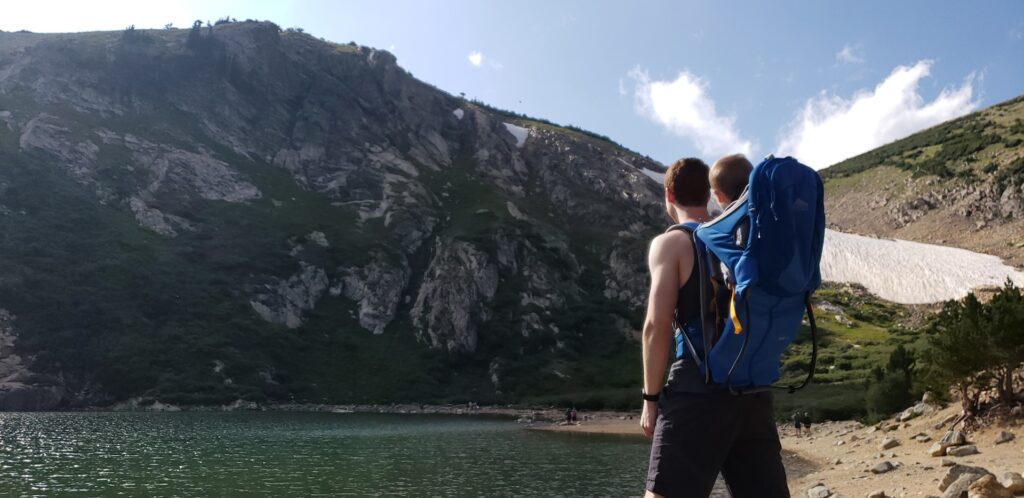
Lakes create their own microclimate, often resulting in temperature variations throughout the day. Mornings might greet you with misty coolness, while afternoons can be surprisingly warm, followed by chilly evenings around the campfire. Pack layers that can be easily added or removed—lightweight t-shirts, a couple of long-sleeve options, and at least one warm fleece or sweater for evenings.
Include a waterproof jacket or windbreaker for unexpected rain showers or breezy conditions out on the water. Remember that clothing near lakes tends to feel damp quickly, so bringing extra changes of clothes beyond what you think you’ll need is always wise.
Footwear for Various Lake Activities
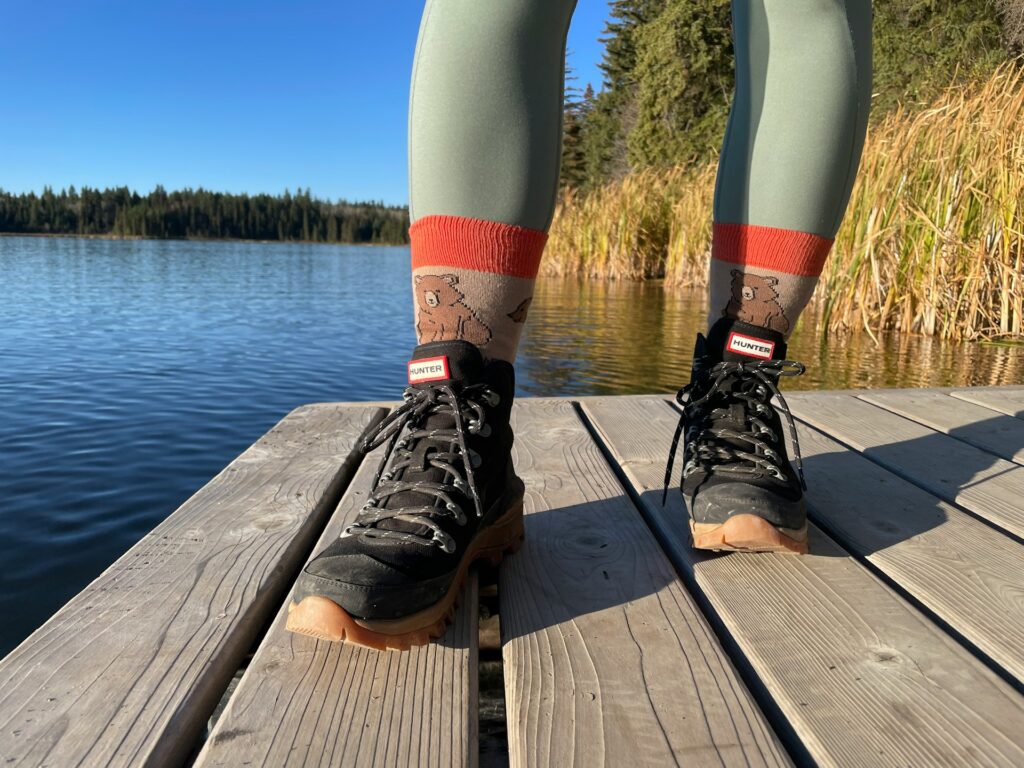
The right footwear can make or break your lake experience, as you’ll likely encounter multiple terrains and conditions. Water shoes or sandals with good traction are essential for navigating slippery docks, rocky shorelines, and protecting feet during swimming. Include a pair of comfortable hiking shoes or sneakers if you plan to explore trails around the lake or undertake longer walks.
For evening comfort around the cabin or campsite, pack flip-flops or slip-on shoes that dry quickly. Consider the specific activities you’ve planned—fishing might require waterproof boots, while kayaking could necessitate footwear that can get wet but still provide support.
Sun Protection Essentials
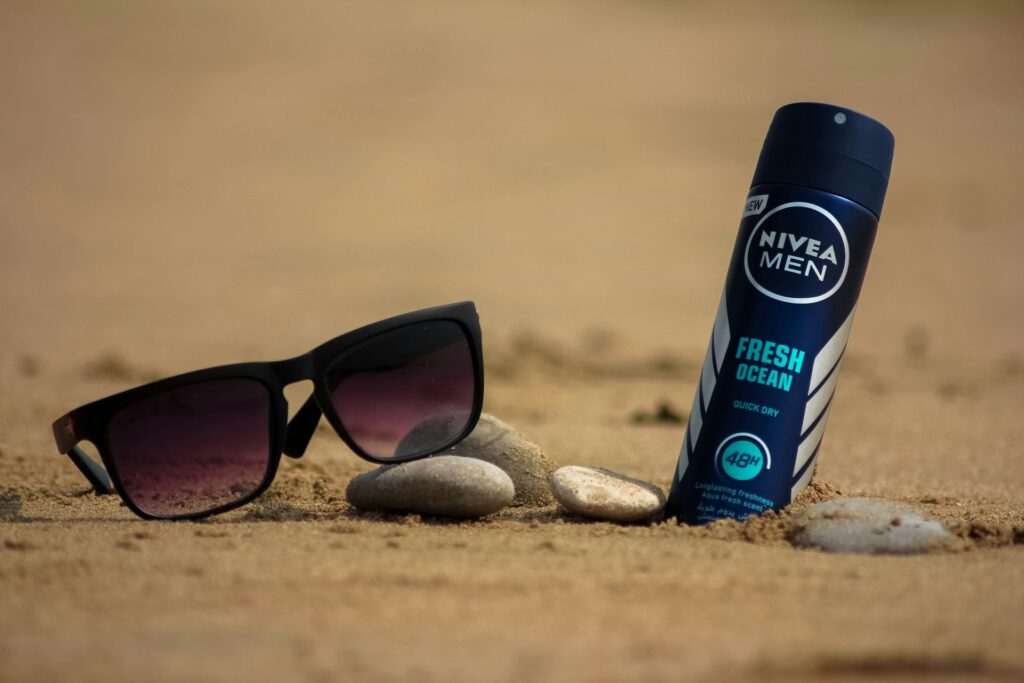
Water reflects sunlight, significantly increasing your exposure to UV rays even on seemingly cloudy days. Pack broad-spectrum sunscreen with SPF 30 or higher, and plan to reapply every two hours, especially after swimming. A wide-brimmed hat provides crucial protection for your face, ears, and neck—areas particularly vulnerable to sunburn. Include UV-blocking sunglasses to protect your eyes from both direct and reflected sunlight.
Consider UPF-rated clothing for additional protection during extended periods outdoors, particularly for children or those with sensitive skin. Remember that sun damage can occur even on overcast days, so make these items non-negotiable essentials regardless of the forecast.
Swimming and Water Recreation Gear
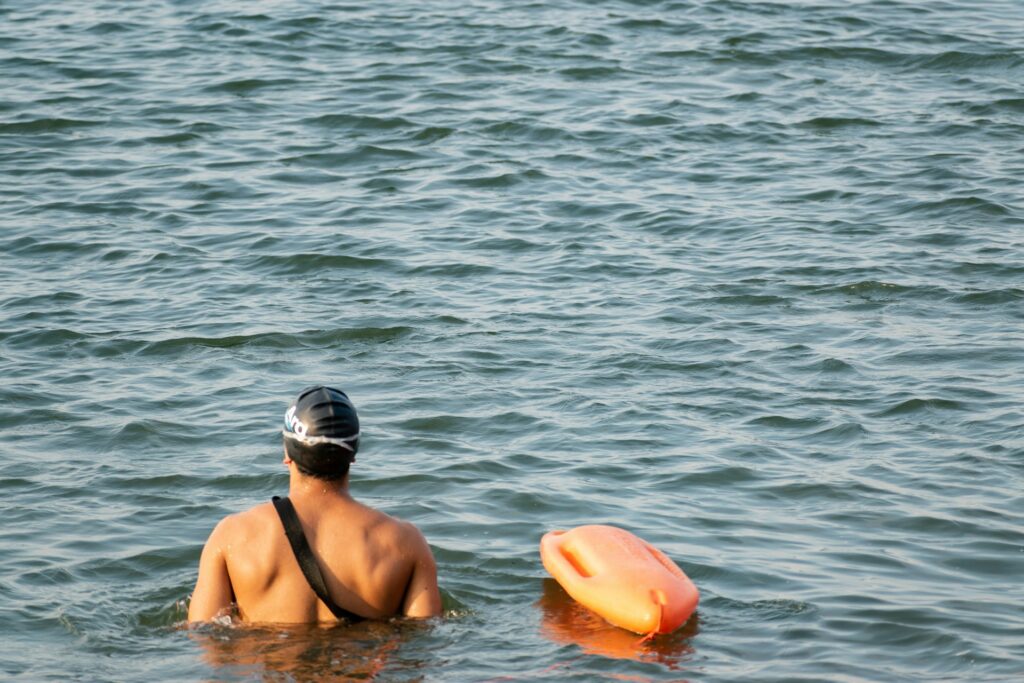
The heart of a lake weekend often revolves around water activities, so proper equipment ensures maximum enjoyment. Pack at least two swimsuits to allow one to dry while wearing the other, preventing the discomfort of putting on damp swimwear. If you’re bringing inflatable water toys, floats, or rafts, don’t forget a portable pump to save your lungs from exhaustion.
For enhanced safety and enjoyment, consider packing snorkeling gear to explore underwater life, especially in clearer lakes. Personal flotation devices are essential safety equipment for anyone planning to use watercraft, even strong swimmers, and many states legally require them when boating or kayaking.
Insect Repellent and First Aid Supplies
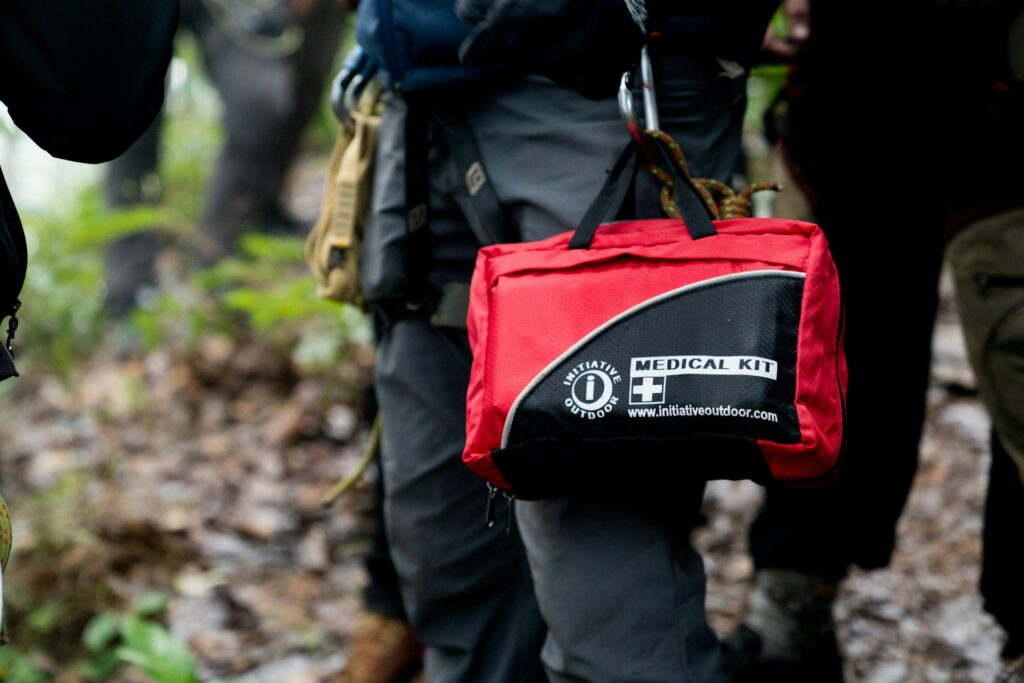
Lakes and their surrounding vegetation create perfect breeding environments for mosquitoes and other biting insects, particularly in warmer months. Pack insect repellent containing DEET, picaridin, or oil of lemon eucalyptus for effective protection, and consider bringing along some anti-itch cream for any bites that occur despite precautions. A basic first aid kit should include adhesive bandages in various sizes, antiseptic wipes, tweezers for splinters or ticks, antibiotic ointment, and pain relievers.
Include any personal medications and remedies for common lake-related issues like motion sickness if you’ll be boating. Consider adding moleskin for blisters from hiking or water activities and a product specifically for treating potential encounters with poison ivy or poison oak if they grow in the area.
Cooking Equipment and Food Planning
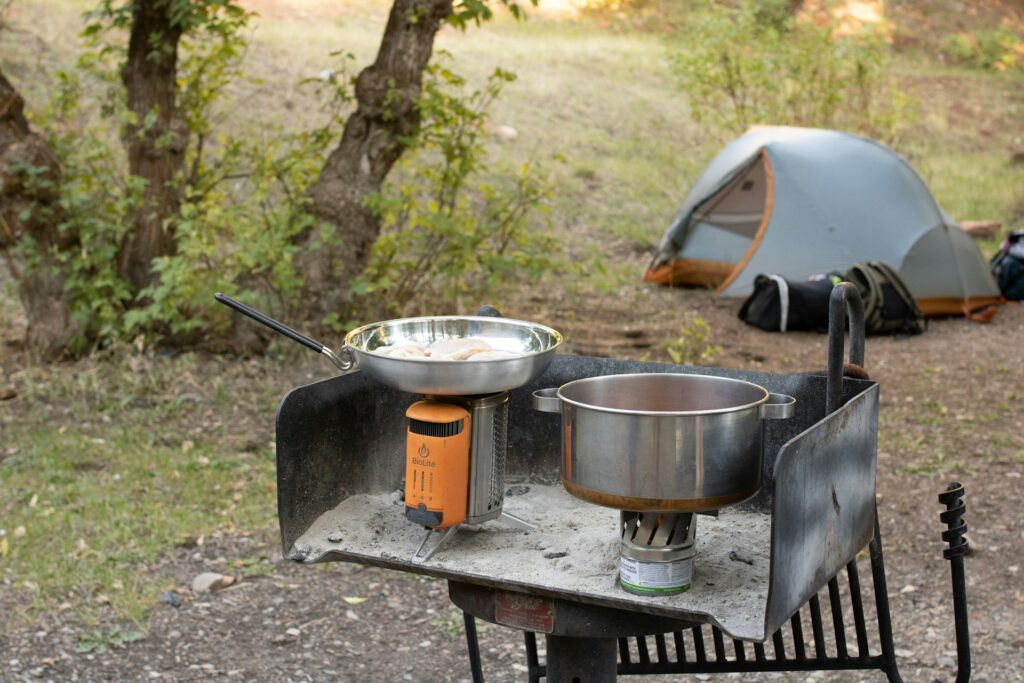
Lake weekends build appetites, whether from swimming, hiking, or simply enjoying the fresh air. Plan meals that balance convenience with enjoyment, packing ingredients for simple but satisfying dishes that won’t keep you cooking while others play. A portable grill or camp stove expands your culinary options beyond the facilities provided at your accommodation.
Bring essential cooking tools like a sharp knife, cutting board, spatula, and tongs, as rental properties often have limited or poor-quality utensils. Consider preparing certain components of meals at home to minimize prep work during your stay, and don’t forget aluminum foil—it’s invaluable for cooking over campfires, wrapping leftovers, or creating simple packet meals with minimal cleanup.
Hydration and Food Storage Solutions
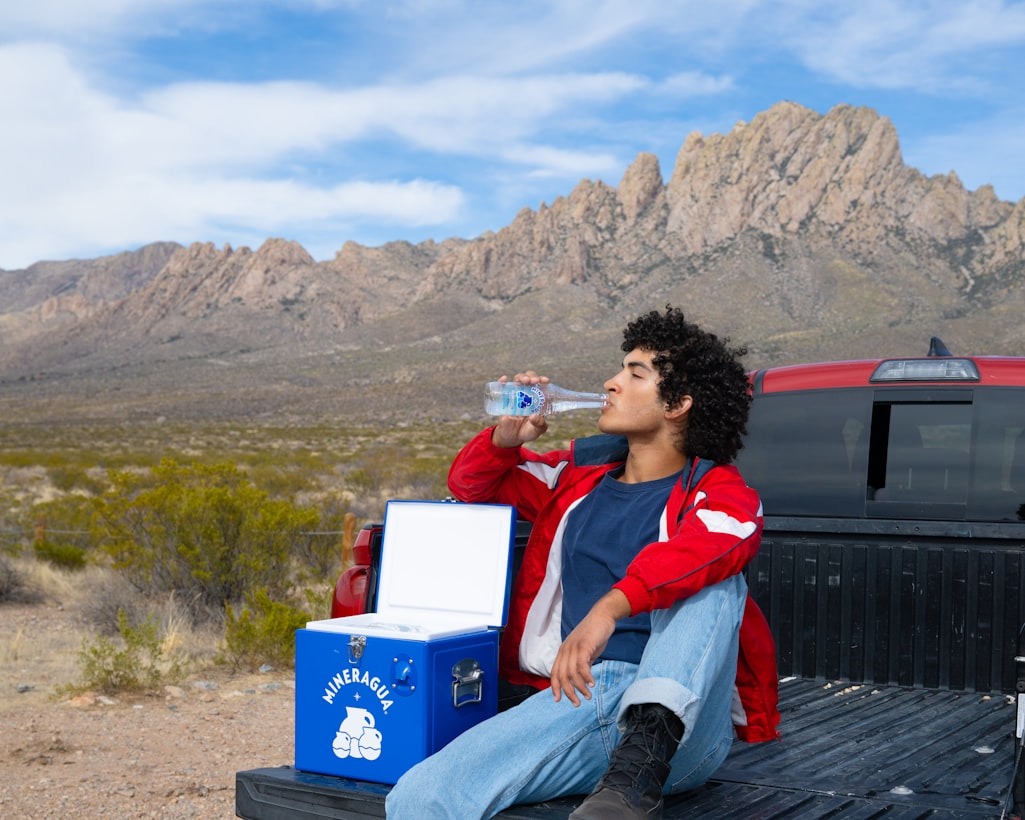
Staying properly hydrated is crucial during active lake weekends, especially when spending hours in the sun. Bring reusable water bottles for each person, plus a larger container for refills if access to drinking water might be limited. A high-quality cooler with adequate ice or ice packs is essential for keeping perishable food safe, particularly if your accommodation has limited refrigeration.
Consider the insulation quality and size of your cooler based on your trip duration—rotomolded coolers offer superior ice retention but at higher weight and cost. Pack food in waterproof containers to prevent cooler meltwater from creating soggy sandwiches or contaminated ingredients, a common oversight that can diminish mealtime enjoyment.
Outdoor Comfort Items
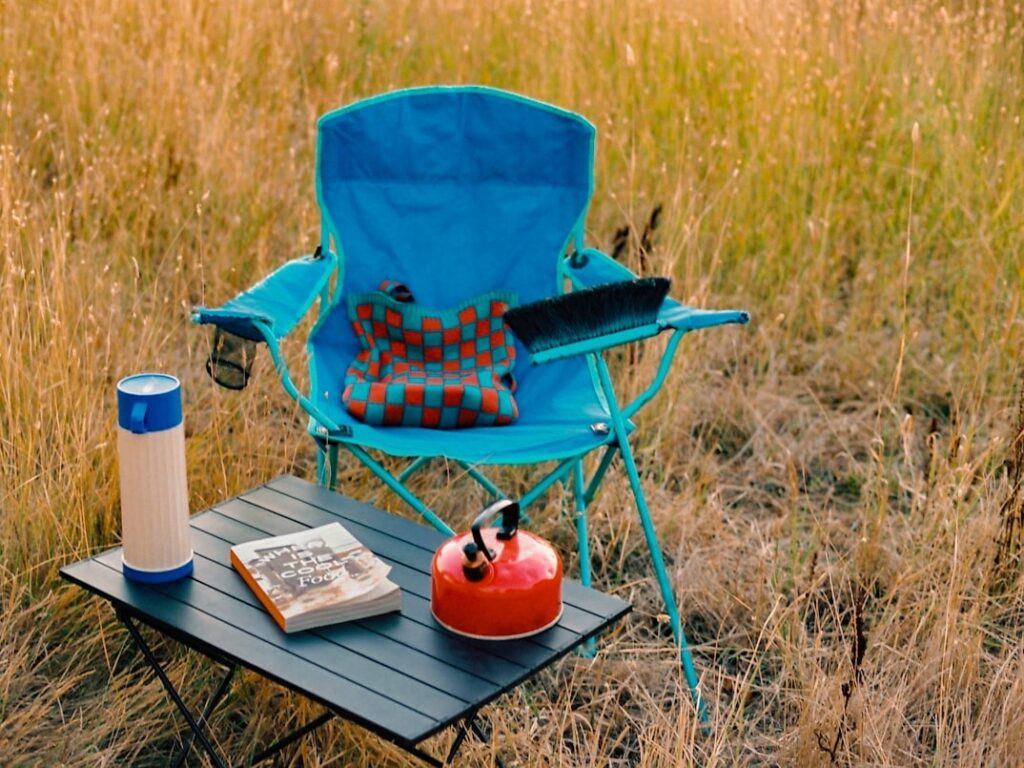
via (Unsplash)
The right accessories transform basic lakeside relaxation into genuine comfort. Portable camp chairs provide proper back support for lengthy shoreline reading sessions or evening conversations around the fire. A waterproof outdoor blanket creates a clean, comfortable surface for lakeside picnics or stargazing away from crawling insects.
Consider packing a hammock with tree-friendly straps for the ultimate afternoon nap location, gently swaying between lakeside trees. Small luxuries like inflatable pillows, a battery-operated fan for humid days, or a portable Bluetooth speaker for ambient music can significantly enhance your relaxation experience without occupying much packing space.
Evening Entertainment and Relaxation Options
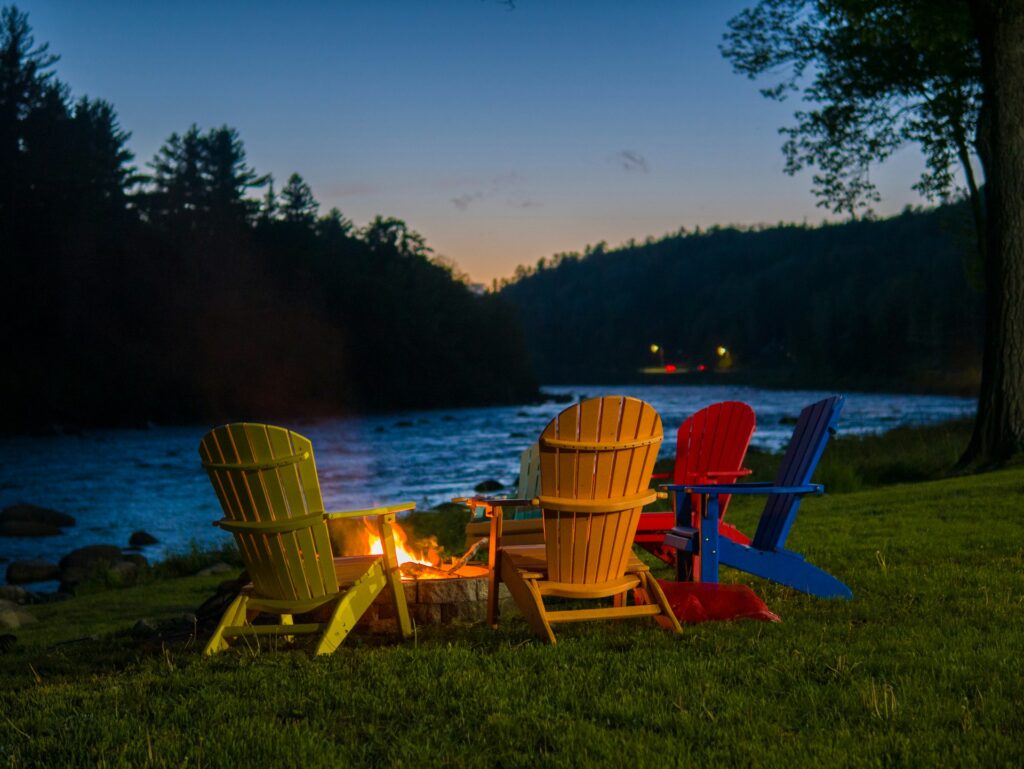
Lake days often transition into memorable evenings of relaxation and connection. Pack a selection of card games, travel-sized board games, or conversation starter cards that encourage interaction rather than screen time. A good book or e-reader provides perfect companionship during peaceful morning coffee sessions or lazy afternoon relaxation.
Consider bringing equipment for nighttime activities like a telescope for stargazing (lakes often offer excellent dark sky viewing) or supplies for s’mores if fire pits are available. Small, battery-powered string lights create magical ambiance around your site without the harshness of direct flashlights or lanterns, transforming ordinary evenings into enchanting memories.
Photography and Memory-Capturing Equipment
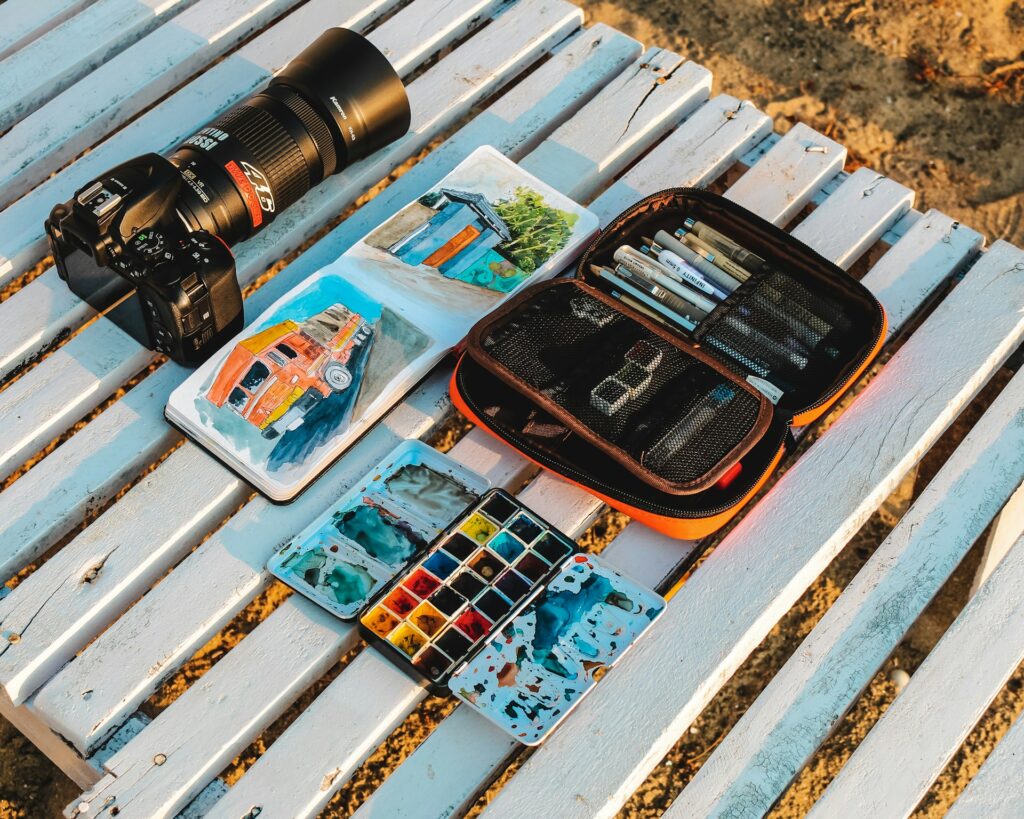
Lake weekends often produce the most cherished family memories, making proper documentation tools worth their packing space. Beyond your smartphone, consider bringing a waterproof camera or protective case to capture underwater moments or boating adventures without worry. A small tripod enables group photos without excluding the photographer and allows for steady sunset shots over the water.
Extra charging options like portable power banks ensure you won’t miss photographic opportunities due to dead batteries, especially important if you’re staying somewhere with limited electrical outlets. Consider old-school options too—a journal for recording experiences or small sketchbook for capturing visual memories offers screen-free documentation that becomes treasured keepsakes.
Safety and Navigation Tools
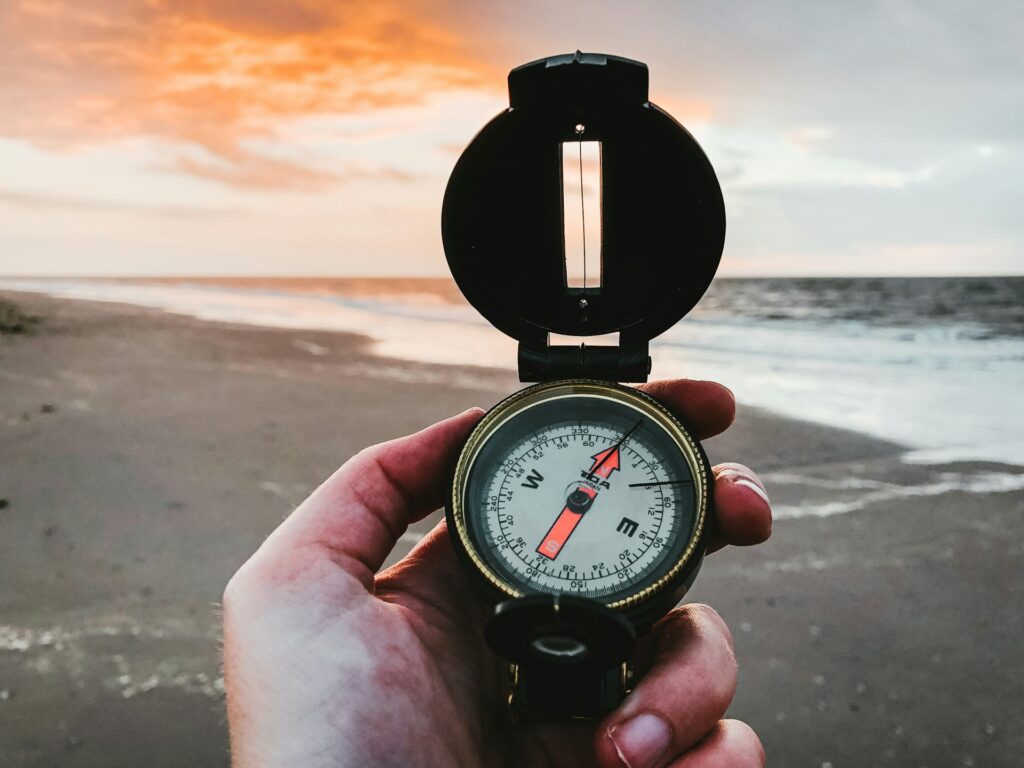
Even well-developed lake areas can have spotty cell service, making certain safety preparations essential. Pack a physical map of the lake and surrounding areas, particularly if you plan to hike or use watercraft in unfamiliar sections. A basic emergency kit should include a flashlight with extra batteries, a whistle for signaling, a multi-tool, and emergency contact information for local authorities.
If boating, fishing, or exploring remote areas, consider a handheld GPS unit or compass as backup navigation tools. For families with children, bring along waterproof identification bracelets with contact information—these provide peace of mind at crowded lake beaches or campgrounds where little ones could potentially wander.
Environmental Considerations and Leave-No-Trace Supplies

Responsible enjoyment of lake environments means planning to minimize your impact through thoughtful packing. Bring biodegradable soap and shampoo if you’ll be bathing in or near the lake, as conventional products can harm aquatic ecosystems. Pack reusable water bottles, food containers, and utensils to reduce single-use plastic waste that might end up in the water.
Include several garbage bags for collecting and properly disposing of all trash, including fishing line and bait packaging which are particularly dangerous to wildlife if left behind. Consider packing a small collapsible bucket or container specifically for collecting microtrash (bottle caps, food wrappers, etc.) during a quick cleanup of your area before departure—leaving the lake better than you found it ensures its beauty for future visitors.
Conclusion

The perfect lake weekend balances preparation with simplicity—packing thoroughly enough to be comfortable and prepared for various conditions while avoiding overpacking that complicates the experience. Adjust this list based on your specific destination, planned activities, and accommodation type, focusing on items that enhance rather than distract from your connection with nature.
With thoughtful preparation, your lake weekend can become a rejuvenating escape that creates lasting memories of sunshine, water, and the simple pleasures of lakeside living. The ultimate goal isn’t just to survive your getaway but to thrive—returning home refreshed, reconnected, and already planning your next lake adventure.

